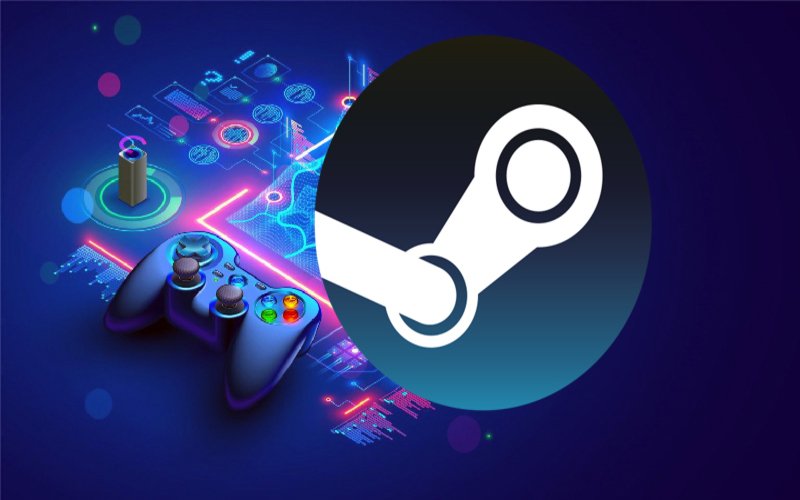Valve’s Stance on AI-Generated Games: Navigating Copyright Concerns
In the ever-evolving landscape of game development, integrating artificial intelligence (AI) has become a topic of great interest and controversy. Valve, the operator of Steam, the largest online game store, finds itself at the center of discussions surrounding using AI-generated content in games. With concerns about legal implications and copyright infringement, Valve has clarified its stance on publishing games that incorporate AI-generated assets.
Understanding Valve’s Approach
Valve acknowledges the potential of AI in game development and embraces innovation within the industry. However, the company’s review process for game submissions is closely aligned with current copyright law and policies. Valve’s primary concern is ensuring that developers have the appropriate rights to use AI in creating assets, especially considering the possibility that the AI may have been trained on copyrighted works.
The Legal Complexities of AI-Generated Content
Using AI tools to create commercial art presents challenges in demonstrating ownership of the generated assets. This can be problematic for developers and the AI companies providing the tools. Valve’s caution in accepting games with AI-generated content stems from the legal uncertainties surrounding the training data used by AI models. Without proper rights to all the training data, it becomes difficult to establish ownership and risk potential copyright infringement.
Valve’s commitment to protecting intellectual property rights and avoiding copyright violations is paramount. The company wants to ensure that developers using AI-generated assets in their games have the proper rights to the intellectual property (IP) used during the AI training. This emphasis on ownership rights is crucial in a rapidly evolving landscape where AI tools continue to grow in popularity.
Valve’s Policy Evolution
Valve’s policy on AI-generated content is not a blanket ban but an evolving approach. The company’s review process aims to balance encouraging innovation and safeguarding copyright laws. Valve has stated that they are willing to adapt their policies as laws and regulations about AI-generated content evolve.
The Developer’s Responsibility
Valve places the responsibility on developers to ensure they have the appropriate rights to the assets they use in their games. This includes AI-generated content. Developers must exercise caution and take the necessary steps to avoid any potential copyright violations when integrating AI into their game development process.
The Future of AI in Gaming
As AI technology advances and more developers explore its potential, the landscape of AI-generated content in games will likely undergo significant changes. Valve’s approach reflects the ongoing legal and ethical discussions surrounding AI and copyright. The company’s willingness to refund the app submission fee when the policy on AI-generated assets is a deciding factor indicates its commitment to adapting its review process.
Conclusion
Valve’s position on AI-generated games on the Steam platform emphasizes the importance of copyright concerns and the need for developers to have the proper rights to the assets used in their games. While Valve is cautious about accepting games with AI-generated content due to legal uncertainties, they also acknowledge the potential of AI as a development tool and aim to incorporate it into their existing policies. As the legal landscape evolves and clearer guidelines emerge, the future integration of AI-generated content in games will become less convoluted. Until then, Valve’s commitment to safeguarding intellectual property rights ensures a responsible approach to game development in the AI era.

















































